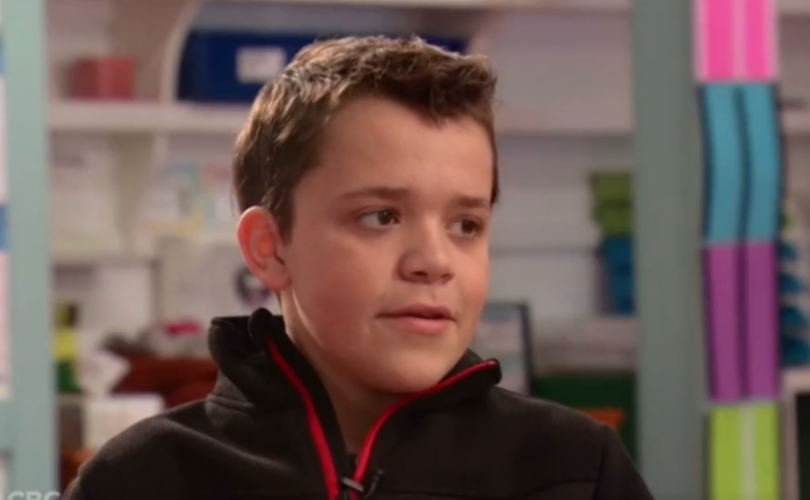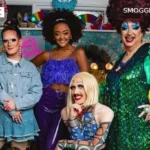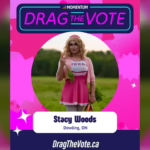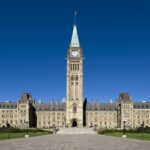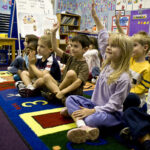Blog Post
Canadian Broadcasting Corporation televises creepy drag queen indoctrination of kids
By Jonathon Van Maren
Over the last couple of years, I’ve heard many parents wonder aloud: Why drag queens? Why, seemingly overnight, have we seen drag performers show up in schools, at public libraries from the big cities to the small towns, and at family friendly events? The reason, as I noted in a column earlier this month, can be found in a paper titled “Drag Pedagogy: The Playful Practice of Queer Imagination in Early Childhood,” authored by several queer theorists.
“The professional vision of educators is often shaped to reproduce the state’s normative vision of its ideal citizenry. In effect, schooling functions as a way to straighten the child into a kind of captive alignment with the current parameters of that vision,” they write. “To state it plainly, within the historical context of the USA and Western Europe, the institutional management of gender has been used as a way of maintaining racist and capitalist modes of (re)production.” The introduction of drag queens, in other words, subverts “heternornmativity.”
Perhaps RuPaul put it more succinctly: “Drag queens are the Marines of the queer movement.”
I reiterate all of this because it is necessary context if we are to understand why the Canadian Broadcasting Corporation (CBC), a taxpayer-funded public broadcaster, has leaned so heavily into promoting and defending drag queen events for children.
In just the past few months, they’ve published articles defending “a local drag story event for toddlers,”; portrayed parents who object to drag events for children as bigots; aired entire programs on the “the power of drag” and the artists who are “under attack,” and literally scores of other stories on the same subject. Most disturbingly, in 2019 the CBC released their documentary Drag Kids, featuring children engaged in sexualized dancing for adults.
READ THE REST OF THIS COLUMN HERE


